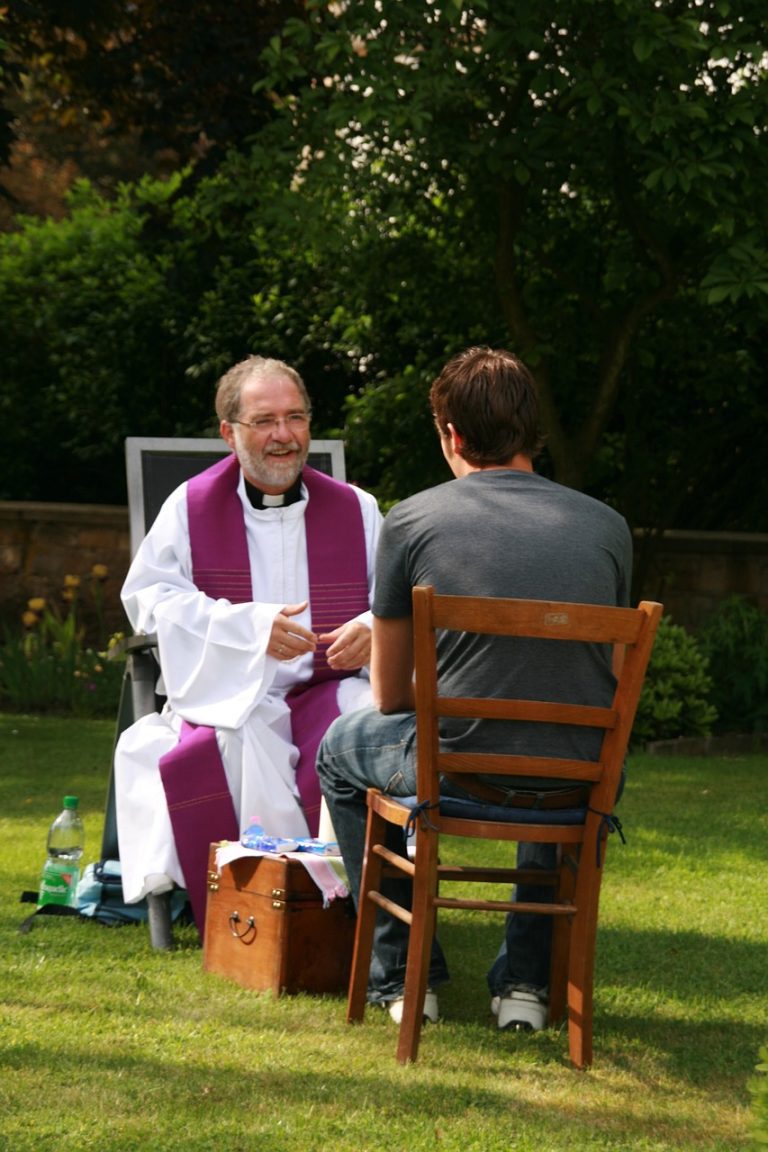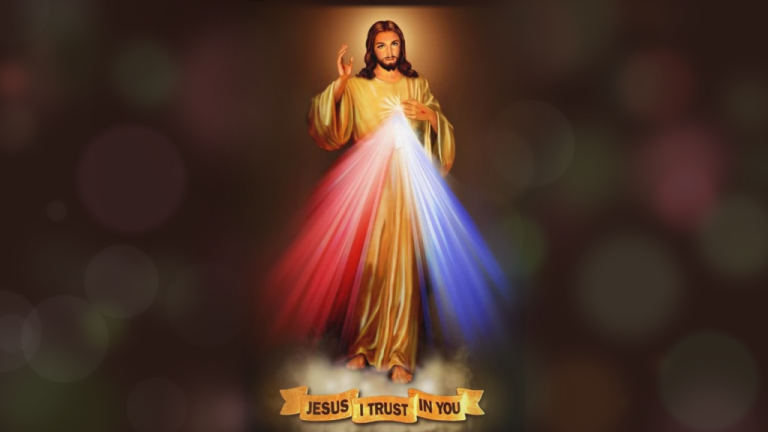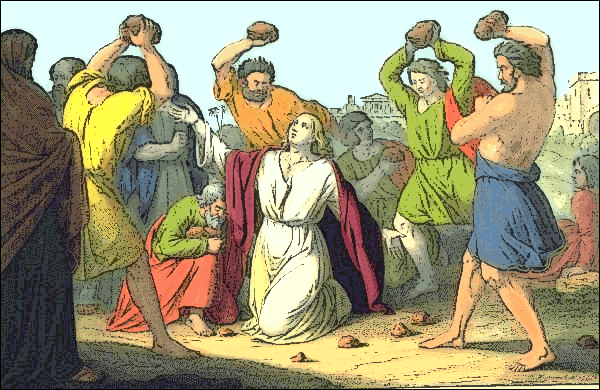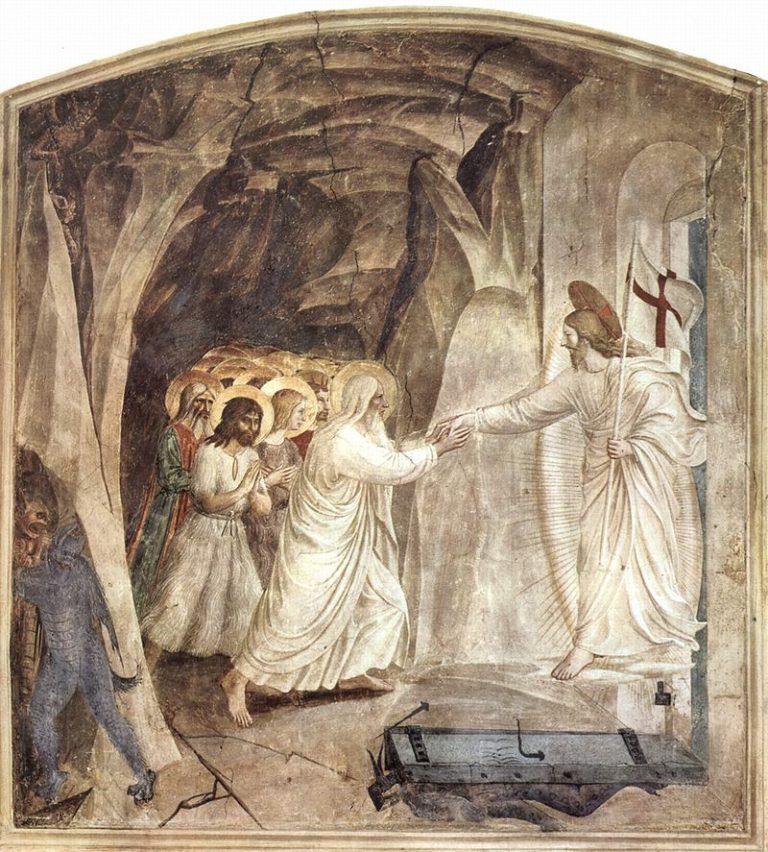Christians generally believe that each of us has the freedom to choose or reject God and His Operating Instructions. We freely choose to either obey Him, or do wrong-headed things that may earn us his undying condemnation.
Every day, we have several opportunities to get nearer or farther from God. Every day, choices must be made in many areas of our lives because there are many sins and situations we should avoid.
“Kismet” is an Arabic word for the overpowering “fate” that Moslems believe controls everything. Like them, early Calvinists live in a world in which everything is pre-determined.
Some ask such believers, “What need is there of Christ’s forgiveness when every sin is pre-ordained, and therefore, unavoidable?” In the silence that follows, the classic Christian may continue: “Since He is vastly stronger than we are, whatever we choose to do is what He wanted us to do. One conclusion follows: all souls must go to Heaven, for none have failed to do His will.”
This doesn’t fit in with classic Christianity as well as with basic Mohammedanism. In that faith, those who are caught in sin are often “fixed” so that they don’t have the ability to commit that sin, again. Homosexuals are killed, thieves have limbs amputated, and alleged adulterers may receive equally horrible punishments.
It is rare to see Christians demanding obedience to Catholicism. Savonarola tried it, in Florence, and it didn’t last. Some Catholic missions in South America tried to impose a Christian culture that left little room for misbehaving. Those missions, like the Inquisition, have all withered and disappeared. Similarly, New England’s Puritans mandated social behavior, but only for a while.
As long as obvious harm to others is eschewed, we usually don’t want institutions that force people to be good. Others are so smitten with their own self-righteousness they don’t mind forcing people to behave as they like.
When Christians say “God’s will be done.”, we are usually asking for the strength to do His will. When Moslems say “God’s will be done.”, they are only aware that an undeniable force is there to be sure that it is done. This contradicts Christians, who believe that, since God has given us free will, we can be sure that His will is not being done by systems that take away others’ free will. Such coercive, micro-managing behavior is against His will because it makes free choice meaningless, if not impossible.
Catholic Fundamentalists understand that the entire Creation Program was written and downloaded to provide us with free will. Those whose bitterness or vanity compels them to impose their will on how others behave are operating in contradiction to vitally important Free Will component of The Creation Program.
Of course, they are free to make that choice. Like all of us, they will reap the rewards of the choices they have chosen to make.
Since there is less forced obedience to social norms in Christian countries, there is more sin. Where there is more freedom, it would appear that fewer souls are saved. The souls who freely choose to love God and neighbor in an environment in which all are free, and encouraged, to sin are of a “higher grade”. One wonders, “When there is more freedom, does God judge with more mercy?” In our own societies, where so many salaries and institutions rely on evil, are souls led astray judged with greater mercy?
A year or so after the French Revolution had replaced the Catholic Church in Paris with various manifestations of The Commune, the number of illegitimate births rose to half of all births. Are those who fell into a sin that they resisted before and after The Revolution judged as harshly as those who led them astray?







